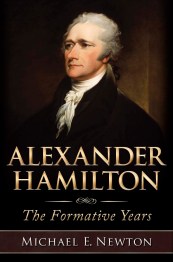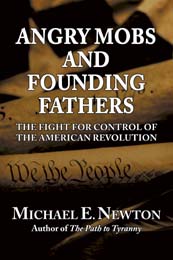For those who haven’t heard:
New York Mayor Michael R. Bloomberg wanted to illustrate that buying a gun like the one used in the recent Arizona shootings is as easy as buying “a hamburger and fries at a McDonald’s.” So he sent out undercover investigators to help him prove it.
In a performance straight out of Hollywood, an investigator is seen handling a semiautomatic pistol that he is thinking about buying from a dealer at a Jan. 23 Crossroads of the West gun show in Phoenix. Sounding sinister, he says, “I like the concealability, it’s the best part,” and admits he couldn’t pass the background check required to buy a gun from a licensed dealer — but not from a private dealer like the one at the gun show. He then hands over a wad of cash and walks away with the pistol.
“That sale was blatantly illegal,” said Bloomberg, explaining that private sellers are not supposed to forgo checks if they have a reason to believe buyers are felons, mentally ill or couldn’t pass federal scrutiny. “But it happens all the time.”
My good friend Alan Korwin, who literally wrote the book on gun laws, explains in a just published article:
On an unrelated note, I’ve just been informed that Mayor Bloomberg of New York City has sent a team of people to Arizona to attempt to illegally purchase firearms at a gun show. He has apparently just held a news conference to promote this fact. If true, this makes Mr. Bloomberg an accessory to a federal felony, and the people he sent would have committed several federal felonies in attempting or making the purchases. No word of indictments of the Mayor have yet surfaced. We’ll be watching these developments closely. Elected officials are not free to break laws in an effort to promote any agendas they may have. Such activity is reprehensible and deserves punishment.
Thank you Alan for defending our rights and shedding light on the hypocrisies of our “leaders.”




You must be logged in to post a comment.